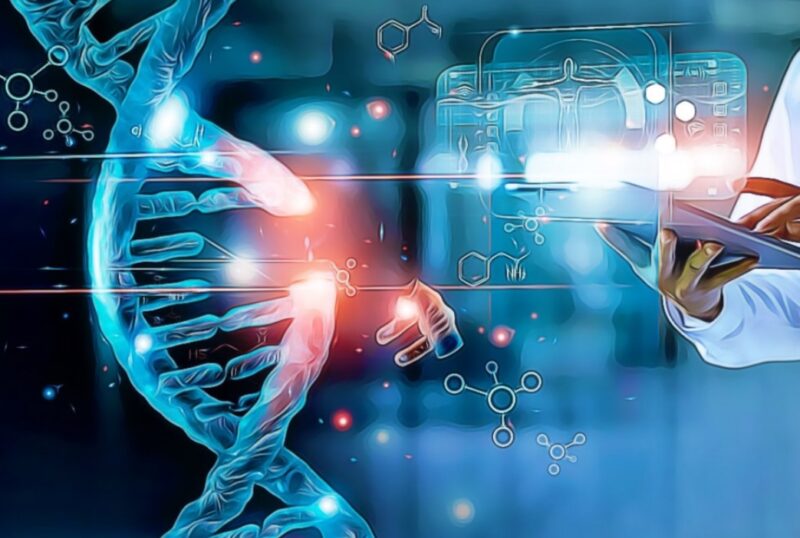10 characteristics of SCIENCE
11 months ago
The science It is the study and exact knowledge of everything that surrounds us, such as nature, living beings, thought, inexplicable phenomena, natural and immutable laws...
The result of science is the basis for new studies in more complex fields that are difficult to access, but not impossible. It can challenge the intellect and patience, but it generates unalterable results and benefits that make the human being surpass himself.
Science and its characteristics
- Is objective and does not lean towards a single specific fact, assumption or opinion. Therefore, science investigates a matter more than once, until it is convinced that it is carried out or executed because the facts, verified on several occasions, demonstrate it. For this reason, in science an object, a law, situation or action is studied from different points, to understand the complete picture before giving a final conclusion.
- science specializes, that is, it is divided into branches in order to cover all areas and to be able to improve the progress of each one of them. If each scientist limits himself to one area, his concentration will be greater and more objective, so the studies are done in an organized way and more progress can be made at the same pace, even if different branches are analyzed.
- It is analytical, because it concentrates on the less outstanding details of an investigation, in order to determine cause, effect, origin and action of the same. For this reason, they carry out periodic experiments to base the results on different experiences obtained, with methods such as observation, the duplication and the decomposition of the same. The final result of an analysis has been filtered by processes that lead to a conclusion that cannot be altered, it is based on verified facts, the result is verified, modified when necessary and the evidence of the same in different environments is analyzed.
- It establishes laws of nature that, although they were present, had not been proven. To determine these laws, studies are made to observe the fact from different points to understand it, then hypotheses are created based on the previous results that can be verified and yield concrete results to establish the law. Finally, the hypotheses are checked to see if they are true and those that do not work are discarded. On the other hand, the one that is closest to the desired result is checked again to be changed and improved to obtain a better result.
- Science has been proven before giving a final result. So it can be tested by any scientist who wants to do it himself, any established scientific theory. Nothing that science verifies and has been reported can be said to be flawed, since it goes through different experiments that test the object, the person, the place, the law or anything that needs a scientific explanation.
- Knowledge accumulates over the years.Regardless of whether a hypothesis is not proven, it is kept to wait for a finding that can prove a theory or research that could not be completed due to lack of evidence and/or unfavorable circumstances. No scientific finding is discarded for lack of information, rather it is kept, either to wait for new material to continue with the investigation, or it contributes to a previous investigation on another subject.
- Science strives to be systematic and establish the evolutionary pattern according to a biological process, thus they determine the original order of the objects that make up nature. The order of the natural processes by which science is governed, allow new things to originate for the benefit of humanity, and certain events can be predicted that help prevent unexpected events.
- Determines phenomena that are difficult to understand with the naked eyeFor this reason, it focuses on collecting the necessary information on these phenomena, especially natural ones, to determine their operation and consequence. For this reason, it is applied in the elaboration of technology that can reach where the human being cannot.
- It is vital to understand and maintain life.
- Science and communication are closely related. This needs to be exposed to fulfill its purpose, since the facts investigated and verified when they are communicated, is that they become a scientific advance. Therefore, when these advances are communicated, they can be applied and are reflected in modern technology, medicine, education and other fields.
📂 Citar artículo
ENCICLOPEDIA DE CARACTERÍSTICAS (2024) 10 characteristics of SCIENCE, en 10caracteristicas.com. https://10caracteristicas.com/en/10-characteristics-of-science/ (Consultado el: 05-05-2024)
🌐 Enlazar artículo
📌 Enlace corto a esta página:
https://10caracteristicas.com/?p=2286
📑 Impresión del artículo
Imprimir publicación
¿Quieres leer más artículos similares a: 10 characteristics of SCIENCE (Actualizado 2024)? Puedes visitar la categoría Education para ver más contenido relacionado.

